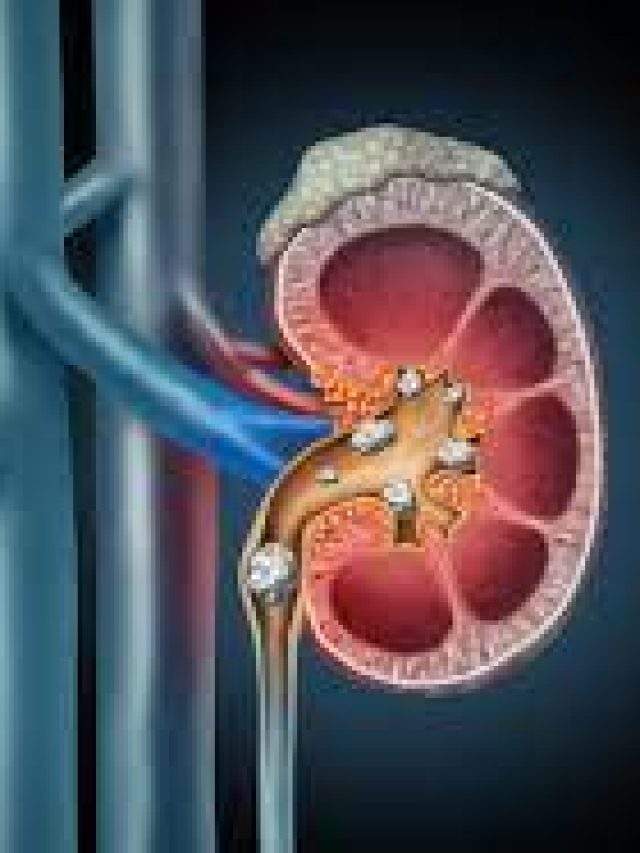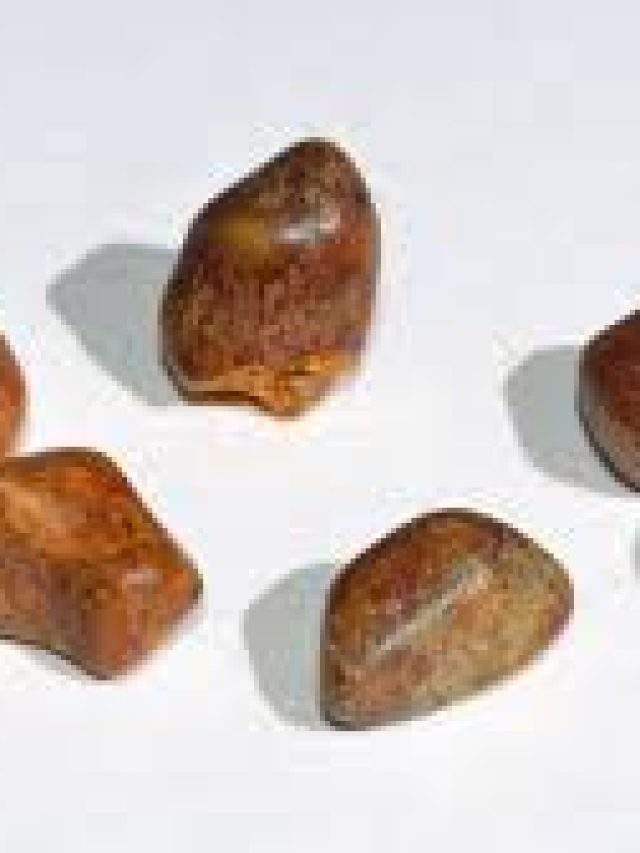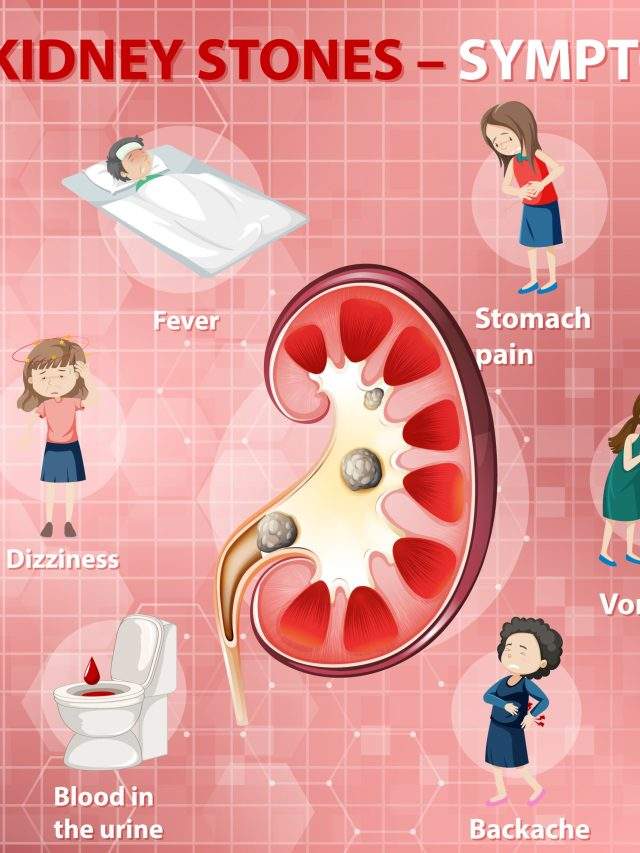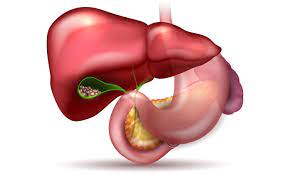![]()
The gall bladder is an organ positioned beneath the liver on the right side of the abdomen. The bile produced by your liver is stored in it before being released into your small intestine to help break down fats. Cholelithiasis is the medical name for the condition that results in gallstones. These come in a range of sizes and can contain one or more people.
Some of the symptoms and signs of gallbladder stones include vomiting, fever, back discomfort, indigestion, and abdominal pain. If you have any of these symptoms, contact Dr. Rajesh Khosla, a Urologist in Punjab at the Khosla Stone Kidney and Surgical Centre.
They are also known for providing the Best Gallbladder Stone Treatment in Ludhiana. As a result, you are invited to visit there to receive first-rate care. Let’s find out more about the various techniques for diagnosing gallstones.
Foods You Should Eat
A healthy diet may not be sufficient to prevent surgery or relieve all of the symptoms of gallbladder stones. However, a balanced diet may help stop the symptoms from getting worse. The paragraph’s goal is to provide recommendations for foods to include in your diet to reduce the stress on your gall bladder. We recommend seeking advice from a doctor and a dietitian for a proper eating plan.
Plant-based foods
It is well known that plant-based diets are full of nutrients, which are necessary for the body to function properly and stay healthy. These plant-based foods provide the nutrition required for recovery and aid in lowering the stress placed on the digestive system. Another benefit is that plant-based foods lower a person’s risk of high cholesterol, which may help prevent gallbladder stones caused by high cholesterol.
Lean protein
Including a source of protein low in saturated fat may help in reducing the levels of harmful cholesterol in our bodies. Red meat, which is an excellent source of protein, has a lot of fat, which might strain the gall bladder. Consequently, choosing lean protein sources may help in the control of gallbladder stone symptoms.
Fiber-rich foods
Fiber improves the passage of food through our gut and is essential for keeping healthy digestive health. Thus, eating meals high in fiber can reduce the formation of secondary bile acids, which can relieve some of the gall bladder’s stress. Various sources of fiber include:
- Whole fruits and vegetables
- Legumes such as chickpeas and lentils
- Grains, seeds, and nuts
Vitamin C
You can improve your gall bladder health and lower your risk of gall bladder diseases by taking vitamin C, magnesium, and folate. Some sources with a lot of vitamin C are:
- Lemons, oranges, grapefruits, and other citrus fruits
- Broccoli and red and green peppers are examples of vegetables.
- Strawberries and kiwis are more fruits.
Foods you should avoid
Let’s look at some foods to avoid now that we are aware of the ones we should eat to maintain a healthy gall bladder.
Carbohydrates and Refined Bread
Because they are more difficult to digest, refined carbohydrates may raise your risk of gallbladder disease. You should avoid the following types of carbohydrates:
- Fabricated baked goods
- Chocolates, sweeteners, and additional sugars
- Refined Grains with White Flour
Trans fats and saturated fats
Bile produced by the gall bladder helps in the digestion of lipids. Saturated and trans fats, on the other hand, are difficult to digest, which may put more strain on the gall bladder. Some major sources of these harmful lipids are:
- Red meat and processed meat
- dairy goods (do not include the low-fat ones)
- fried and processed food
- Ice cream, chocolates, and candies






